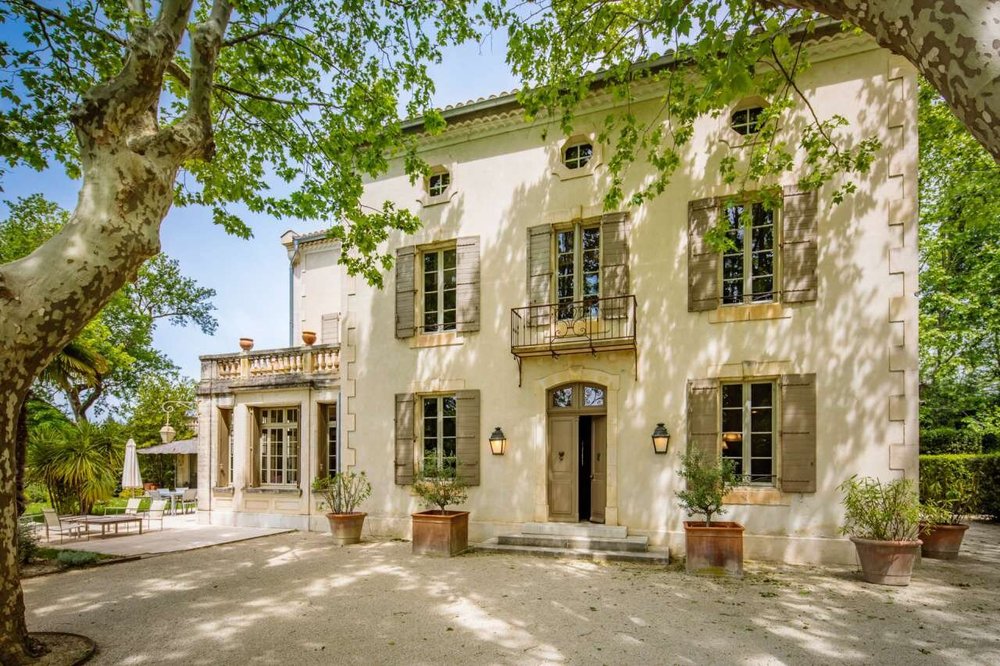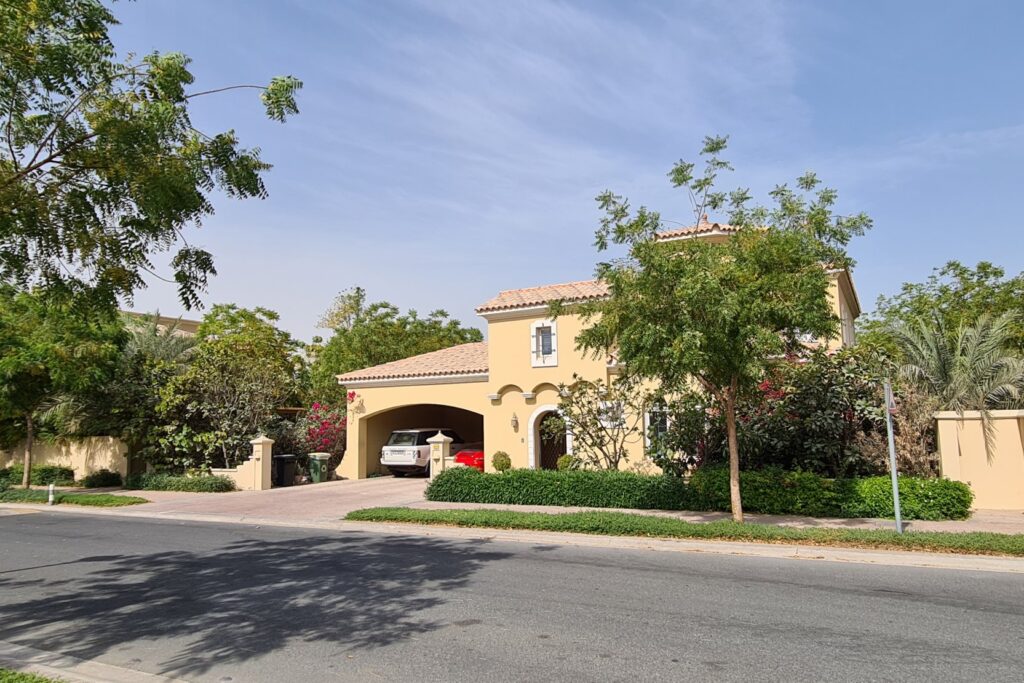France, known for its picturesque landscapes, world-class cuisine, and rich cultural heritage, has long captivated the hearts of people from around the globe. Owning a property in France is a dream for many, whether it’s a charming cottage in the countryside, an elegant apartment in Paris, or a villa on the Côte d’Azur. This article delves into the regulations, practical considerations, and enticing reasons why foreigners should purchase property in France.
Can a Foreigner Buy Property in France?
Yes, foreigners can buy property in France without significant restrictions. The French government welcomes foreign investment in its real estate market, allowing non-residents to purchase residential and commercial properties. While the process is relatively straightforward, it’s essential to understand the legal framework, financial implications, and local market nuances to ensure a smooth transaction.
Reasons to Buy Property in France
Diverse Property Options
France boasts a diverse range of properties catering to various tastes and budgets. The options are endless, from historic châteaux and rustic farmhouses to contemporary apartments in bustling cities.
Stable and Resilient Property Market
The French property market is known for its stability and resilience despite global economic fluctuations. Major cities like Paris, Lyon, and Nice have consistently shown demand and appreciation in property values. Investing in French real estate can be a sound financial decision, especially in sought-after areas where property prices are likely to rise.
Investment Opportunities
Many foreigners view property in France as a lucrative investment opportunity. With millions of tourists visiting each year, there is a robust demand for rental properties, particularly in popular tourist destinations. By purchasing property in high-demand areas, investors can capitalize on attractive rental yields and create a source of passive income.
Exceptional Quality of Life
France is celebrated for its exceptional quality of life, characterized by a rich cultural scene, exquisite cuisine, and a relaxed lifestyle. Owning property in France allows individuals to immerse themselves in this vibrant culture, savor local delicacies, and enjoy the beautiful landscapes, from vineyards to coastal vistas. The pleasant climate, particularly in southern regions, further enhances the appeal of living in France.
Cultural and Historical Richness
France is home to a wealth of cultural and historical treasures, from iconic landmarks like the Eiffel Tower to charming medieval villages. Owning property in France provides an opportunity to experience this rich heritage firsthand. Residents can enjoy world-class museums, historic sites, and cultural festivals, making it an enriching experience for owners and visitors.
Gateway to Europe
France’s strategic location makes it a gateway to other European countries. Excellent transportation links, including high-speed trains and international airports, allow residents to easily travel throughout Europe. This accessibility particularly appeals to foreign buyers who wish to explore neighboring countries or maintain business connections.
Legal Protections for Property Owners
France has established legal frameworks that protect property owners’ rights. Buying is regulated, and buyers are encouraged to seek legal assistance to ensure a smooth transaction. Engaging a qualified notary or lawyer can help navigate French property law’s complexities, ensuring buyers understand their rights and obligations.
Favorable Tax Environment for Foreign Investors
While property and local taxes apply, many foreign buyers find the overall tax burden manageable. France has agreements with various countries to prevent double taxation, further enhancing the attractiveness of property investment. Additionally, tax benefits may be available for certain types of investments.
Renovation and Restoration Opportunities

Many properties in France, particularly rural areas, may require renovation or restoration. This presents an opportunity for buyers to add value to their investment and create a personalized living space. The French government often provides incentives for restoring historic buildings, making it an appealing option for those interested in preserving France’s architectural heritage.
Retirement and Residency Options
For those considering retirement or long-term stays in France, purchasing property can be a stepping stone to obtaining residency. France offers various visa options, including the Long Stay Visa for individuals who can demonstrate sufficient financial means. Owning property can strengthen residency applications and provide a pathway to living in France full-time.
Practical Considerations for Buying Property in France
- Legal Representation: Engaging a qualified legal representative is essential for navigating the complexities of the French property market. A lawyer can help ensure compliance with local regulations, conduct due diligence, and assist in contract negotiations, protecting the buyer’s interests throughout the transaction.
- Property Search and Valuation: Utilizing a reputable real estate agent can significantly streamline the property search process. Agents with local expertise can provide valuable insights into market trends, property values, and neighborhoods, helping buyers find suitable options that meet their criteria.
- Financing Options: Foreign buyers can obtain mortgages from French banks, although lenders may have specific eligibility criteria. Many foreign investors choose to pay in cash to simplify the transaction process. It’s important to explore financing options and understand the associated requirements.
- Additional Costs: Buyers should know the additional costs of purchasing property in France. These include notary fees, registration fees, property transfer tax (droits de mutation), and ongoing property maintenance costs. Budgeting for these expenses is crucial to avoid financial surprises.
- Property Taxation: Property owners in France are subject to various taxes, including the Taxe Foncière (land tax) and Taxe d’Habitation (residential tax). Understanding the tax obligations associated with property ownership is essential for effective financial planning.
- Market Research and Trends: Staying informed about local market trends and economic conditions is vital for making informed investment decisions. Researching neighborhoods, property values, and upcoming developments can help buyers identify potential opportunities and make strategic choices.
- Understanding Local Customs: France has unique customs and practices regarding property transactions. Familiarizing yourself with these customs can enhance the buying experience and help you navigate potential challenges. For instance, it is customary for buyers to request a “compromis de vente” (preliminary contract) before finalizing the sale.
- Residency Considerations: While purchasing property does not automatically grant residency, it can facilitate the residency application for those seeking long-term stays in France. Buyers interested in residency should explore the various visa options available to them.
- Property Management for Rentals: Consider hiring a property management company for buyers interested in renting their property. These companies can handle tenant sourcing, maintenance, and legal compliance, making it easier for foreign investors to manage their rental properties from abroad.
- Cultural Integration: Embracing the local culture and language can enhance the experience of owning property in France. Building relationships with neighbors, participating in local events, and learning the language can help create a sense of belonging in the community.
Frequently Asked Questions
Can foreigners buy property in France?
Yes, foreigners can buy property in France without restrictions. No specific laws are preventing non-French citizens from owning real estate.
What are the costs associated with buying property in France?
In addition to the property price, buyers should budget for notary fees, registration fees, property transfer tax, and ongoing maintenance costs.
Are there tax implications for foreign property buyers in France?
Property buyers may be subject to various taxes, including the Taxe Foncière and Taxe d’Habitation. Understanding these obligations is essential for managing ongoing costs.
Can foreign buyers obtain financing for property purchases in France?
Some French banks offer mortgage options to foreign buyers, although eligibility requirements may vary. Many foreign buyers choose to pay in cash to simplify the process.
Is buying property in France a good investment?
The French property market is generally stable and offers diverse investment opportunities. However, conducting thorough research and understanding local market dynamics is crucial for making informed decisions.
Conclusion
Purchasing property in France presents many opportunities for foreign investors, offering access to a diverse real estate market, a stable economy, and an exceptional quality of life. With no significant restrictions on property ownership for non-residents, France remains an attractive destination for those looking to invest in real estate. By understanding the legal requirements, financial implications, and local market dynamics, foreign buyers can confidently navigate the property purchase process. Whether as a primary residence, a vacation home, or an investment property, owning real estate in France can be a rewarding experience that offers financial benefits and the chance to immerse oneself in the captivating culture and lifestyle of this enchanting country.












